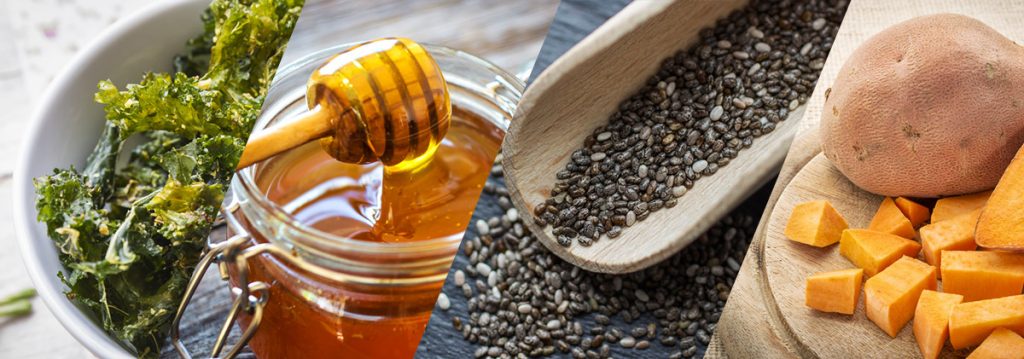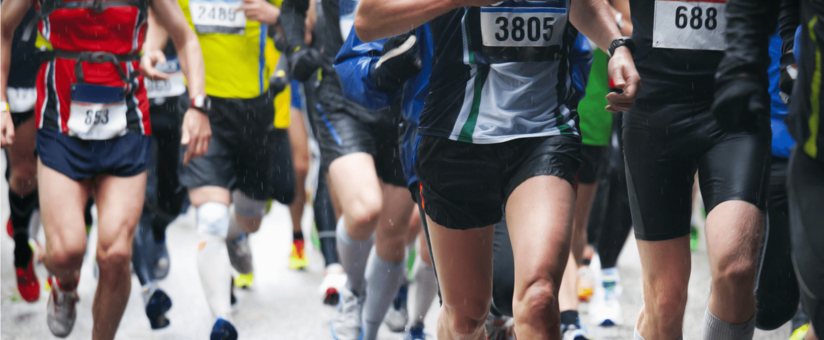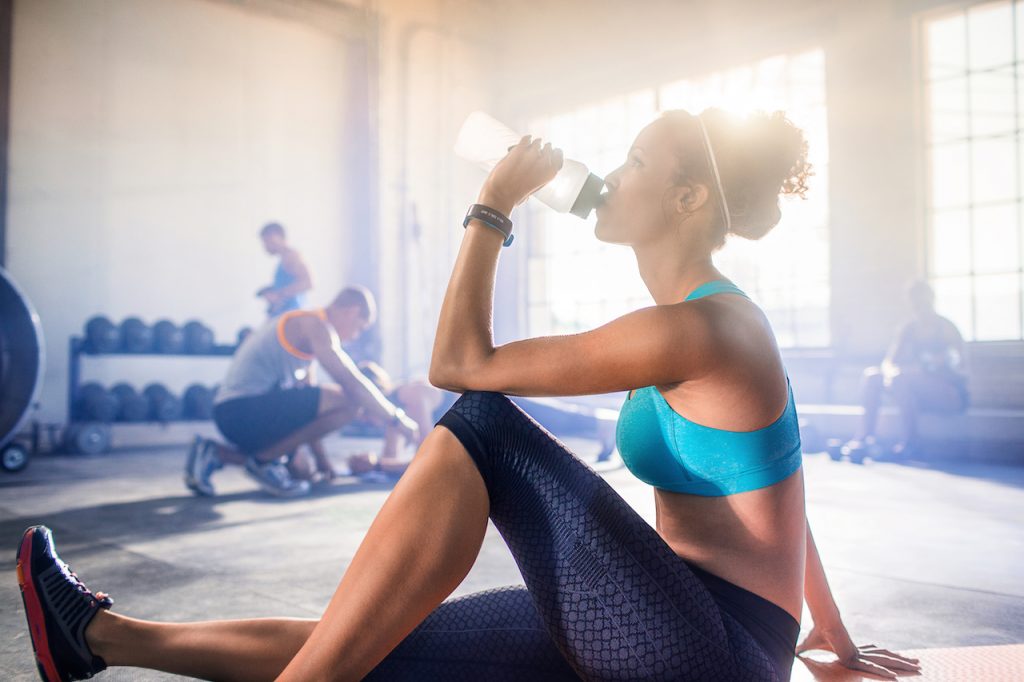Balancing exercise and diet requires special care and attention in order to stay in tip top shape and optimise your performance. What foods should you add to your plate, what are dietary supplements for and should you turn to energy products? All the answers are in this article.
What should your diet consist of when you are working out?

When physical activity increases, so do our energy needs. The athlete’s body needs nutrients to ensure that the resting metabolic rate functions properly, but also to provide the energy required for training. By balancing your meals using healthy products that are adapted to your specific workouts, you can ensure you stay in shape and excel yourself during training.
Best eating habits for the nutrition needs of athletes
The following principles apply to everyone, but adopting good eating habits is even more important when doing sports:
- Do not snack in between meals, to help balance your energy intakeeat regularly throughout the day instead.
- Keep hydrated by drinking regularly, before feeling thirsty.
- Do not skip meals: consistency is the key to a good diet.
- Get to know the benefits of nutrients: carbohydrates are a quick source of energy, fats are used for longer workouts and proteins are the building block of muscles, which are essential for a good recovery and keeping the body in shape.
- Choose fresh, seasonal foods: cooking your own meals is the best way to control your nutritional intake.
Inspiration: typical meals for athletes
Here is an example of a meal and snack plan for an athlete:
- Breakfast: lemon juice with water, a glass of non-dairy milk (rice, almond, soya…), 30 grams of oat flakes, 2 eggs or 1 slice of ham and 1 banana.
- Mid-morning snack: 2 slices of turkey breast, 1 small handful of dried fruits or nuts, 1 fruit.
- Lunch: 100 grams of fish, 100 grams of vegetables, 70 grams of rice, a spoonful of olive oil for dressing.
- Afternoon snack: yoghurt or cottage cheese, a handful of almonds, 2 fruits.
- Dinner: 100 grams of chicken, 200 grams of vegetables, 50 grams of pasta with a drizzle of olive oil.
The food portions are to be adjusted according to the specific sport, the body shape and the goals of each athlete.
Decoding dietary supplements and exercising

Dietary supplements can compensate for insufficient nutritional intake on an occasional basis, help achieve the athlete’s specific goal or support the body during an intense training session before a race.
How do you use food supplements when doing sports?
A balanced diet usually provides the body with all the necessary nutrients. Dietary supplements are generally taken at the beginning of the sports season by top athletes to ensure that they stay in good shape throughout the season. They can also help compensate for a temporary deficiency by providing a nutrient that is not present in the diet.
Derived from plants or minerals, they should preferably be of natural sources, with advice from a health professional if necessary. Some supplements are suitable for the overall physical condition while others are specifically targeted for muscle development or recovery.
The essential dietary supplements for athletes
Meticulously measured and taken with discernment, the following dietary supplements are the most widely used by athletes:
- BCAA’s: these amino acids are essential for muscle contraction. They are present in the everyday diet through protein foods and can be taken in a more concentrated form before or after a strenuous workout to promote recovery and limit the breakdown of muscle fibres during exercise.
- Whey is rich in proteins with a high nutritional value: you can consume it naturally by eating, for example, a yoghurt. It allows you to increase your daily protein intake.
- Spirulina, a superfood composed of 70% proteins, helps improve the body’s endurance during workouts and enhances muscle development. This bacteria-based compound, which is often referred to as algae, also contains essential fatty acids, carbohydrates and a large amount of minerals.
- Magnesium: this natural antioxidant helps metabolise fats, contributes to proper glucose storage and plays a role in neuromuscular transmission, also helping to regulate the heartbeat.
Energy drinks and food products for athletes

The following food products are designed exclusively for the needs of athletes. They are mainly used during an intense training session:
- Energy drinks, also known as electrolyte drinks or exercise drinks: designed to optimise hydration for athletes, they provide carbohydrates and minerals to replace the energy and sodium lost during exercise. They contain water, carbohydrates, vitamins, potassium, magnesium and sodium.
- Energy bars: these cereal bars are high in fats, carbohydrates and proteins. They allow those who cannot eat a proper meal during a very long physical activity to prevent hypoglycemia.
- Recovery beverages: very rich in minerals, these beverages also contain amino acids and carbohydrates. They are used to promote muscle recovery, restore glycogen and replace the minerals that have been lost through sweating. Take them immediately after a workout session to promote muscle rebuilding.
Check out our Health & Fitness page for more advice.
